I’ve decided to commit to doing a monthly post featuring some books that I’ve been reading. This is in the vain hope that I will get through my HUGE to-be-read pile and then I can alphabetize them onto my shelves and all will be right in the world. I’m also about to enter a period of editing, and I know from past experiences that the more I have filled myself up with reading and engaging deeply with other people’s writing, the easier and more productive the editing process will be. And also because I love reading, but it often gets sidelined for other projects, so I’m hoping this will keep me accountable!
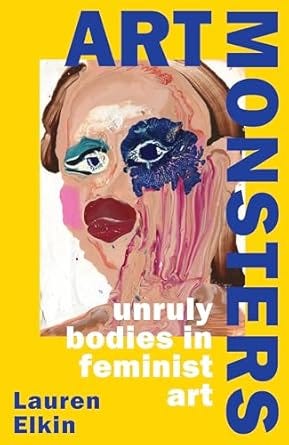

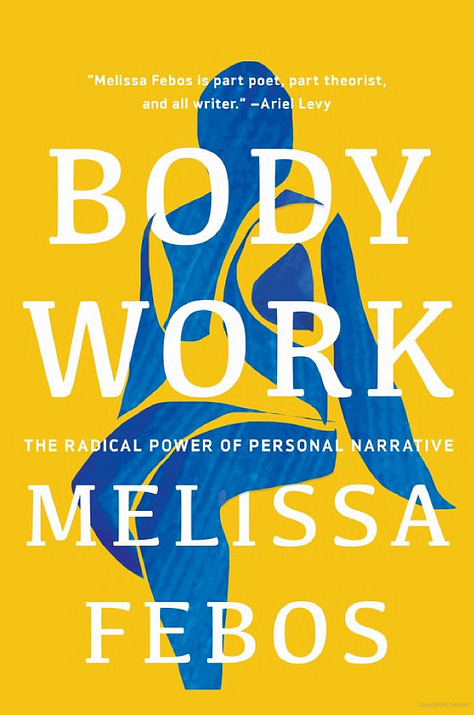
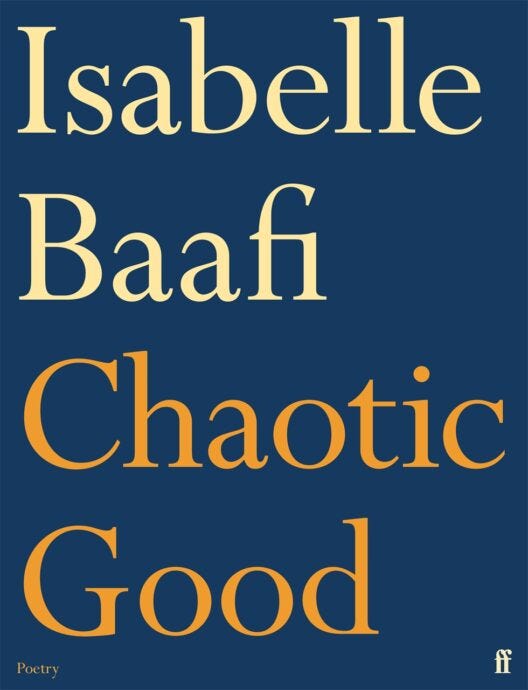
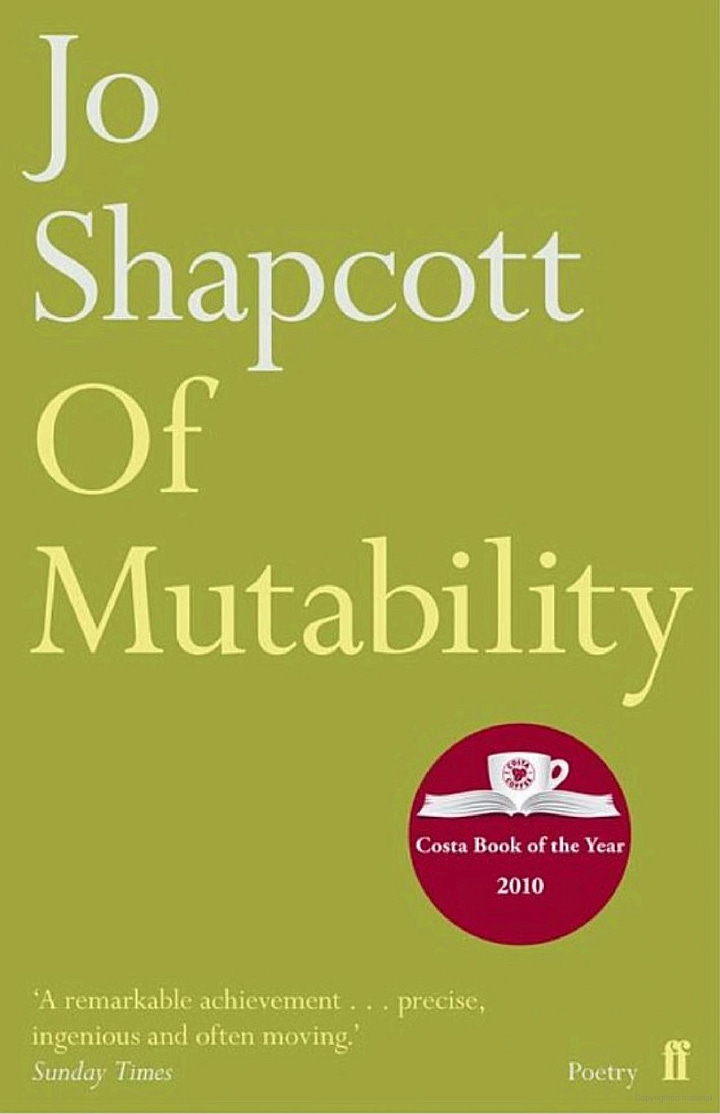
Chaotic Good by Isabelle Baafi
I picked this up at work from Manchester Poetry Library. I was instantly intrigued as the first poem is a specular or a mirror poem - where the lines read one way and then in the second stanza are reversed. I thought this was quite a daring move to put this first in a collection, but it’s one that absolutely pays off for a number of reasons. The first is that innovative use of form is something that is used throughout the collection, so this first poem is a great signal to the reader (I thought) to prepare us for this. The second is that the poem just works really well in that form. It’s called “The Mpemba Effect” and details the breakdown of a marriage. My favourite lines that read one way and then the other are these
I never hated anything so much. Not you, the meal. I couldn't stand anyone but you. Waking up each day to the soft press of your lips on mine as you left....
By the time we get to the second stanza, this has been reversed and we now get
the soft press of your lips on mine as you left; seeking anyone but you. Waking up each day to you, the meal I couldn't stand. I never hated anything so much.
Another favourite poem is “The Scarecrow” - you can find an earlier version of this poem over at Lolwe - the line breaks are slightly different in the version in Chaotic Good which of course has meant me falling down a rabbit hole as I compared them. My conclusion is that the final version is much more musical and governed by breath - I prefer that one, but interesting that the wild heart of the poem is pretty much unchanged, with that killer ending: “Will you still say that I am not a man?”
Art Monsters by Lauren Elkin
This was one of my favourite books I’ve read this month (which is saying something as I’ve enjoyed them all!). One of the joys of supervising PhD students is that we end up swapping reading recommendations, and I always want to engage with at least some of what they are reading, so I can keep up with what they want to write, so this book was on my list as one to buy. Then last month I went to Cardiff University and was sitting in the poet Christina Thatcher’s office - and she had a copy on her shelf. I opened the book, read the first page, and ordered it there and then. Any book that starts with an anecdote about Virginia Woolf in the bathtub has got me sold.
I could probably do a whole post just about this book, but one of the most beautiful things that happened is that I’d just been reading about Sutapa Biswas’s painting “Housewives with Steak-Knives” and then I took some undergraduates on a trip to see the Women in Revolt! exhibition at the Whitworth Gallery. I walked into a room, and there was the painting, more vivid and beautiful and compelling than I’d imagined.
Sutapa Biswas completed this painting as part of her degree studies at Leeds University, for her final project. Lauren Elkin writes that the figure depicted is the ‘Hindu goddess Kali as a pissed-off British housewife.” Not only is Kali holding the head of a man who has ‘presumably defied her will, a red flower (somewhere between an English rose and a red poppy, flower of remembrance) and a little flag’. The flag happens to be a copy of Artemesia Gentileschi’s Judith Beheading Holofernes (1620). Lauren Elkin writes that “Just as Judith saved her people from the threat of Holofernes, here the Heroic Housewife - to whom Biswas has also given her own face - has saved hers by severing the head of the colonial menace, and whoever crops up after him”.
As I stood before this painting with my undergraduate students, I found myself repeating what I’d read in Art Monsters, telling my students that this was painted by a student, and that the photocopy of the Gentileschi painting was taken from the book Old Mistresses, co-written by Sutapa Biswas tutor - the legendary art historian Griselda Pollock (and Rozsika Parker). As Elkin writes, Biswas noticed that ‘there was not a single artist of colour in Old Mistresses. It was, Biswas has said, ‘a way of saying to Pollock “Where am I in your narrative […]?”’
I hope my students were excited by this idea, that teaching and learning at university is a conversation, and that they can challenge and question me in return for any questions or challenges I pose them.
Of Mutability by Jo Shapcott
I feel as if Art Monsters created so many connections for me to other things as well - for example, the artist Helen Chadwick is discussed, and after reading about her, I remembered one of my favourite collections from years back by Jo Shapcott, Of Mutability. I vaguely knew that the poetry collection was inspired by an artist, but at the time hadn’t really looked up Helen Chadwick. So reading Art Monsters, then sent me back to Of Mutability, which it was wonderful to re-visit again.
One of my favourite poems from the collection is “Scorpion”, a prose poem that uses anaphora “I kill it” repeated throughout as a kind of thread that the poem is strung upon. I love how this poem hovers between humour and cruelty, between regret and knowledge.
There are quite a few poems in the book that reference or are inspired by the art of Helen Chadwick - perhaps the most well-known one is the final poem in the collection “Piss Flower” which you can find here at the Poetry Archive.
You can see Chadwick’s “Piss Flowers” which inspired the poem here
Beast by Pascale Petit
I always look forward to a new collection from Pascale Petit, and this one didn’t disappoint. It also, I realise now in writing this post kind of dovetails nice with the reading I’ve been doing in Art Monsters - ideas around monstrosity, beastliness, female creativity, excess etc.
Transformation, metamorphosis and the body as a place of unstable ground is always central to Pascale Petit’s work. The speaker of the poems, and family members often shift into the bodies of animals, birds, insects and plants to reveal emotional truths about power and the way we relate to each other, and sometimes fail each other.
Much of Pascale’s poetry is concerned with trauma, abuse and violence, but she is also a poet of place, but she is a poet who writes about multiple places and brings that fascination with transformation into her writing about place. I really enjoyed two of the Odes in Beast: one is called “Ode to a Cornish Hedge” and starts:
Thousand-mile-long rainforest, shaggy remnant, where I slow to hear air pass through earwig spiracles, and bumblebees are thunder-loud in foxgloves
and a little earlier in the collection we have “Ode to the Camargue” which starts:
Your waterlilies are wings of rosy flamingos opening their dawns. You are imparadised with mornings of wild blue iris skies.
Both poems continue with this richness of detail. Writing just those opening couplets out now I can see how '“Ode to a Cornish Hedge” is concerned predominantly with sound, whereas “Ode to the Camargue” uses colour to focus on vision. Both then open up to incorporate dazzling writing using all five senses.
“Galloway Bull at the Waterhole” is one of my favourite poems - I remember reading this in The Poetry Review so it was wonderful again to meet it between the covers of Beast. You can read the whole poem here over at The Poetry Review website.
Body Work by Melissa Febos
This was another recommendation from my PhD student. I listened on Audible to Girlhood by Melissa Febos, which was published in 2021. I loved this book, and was also full of anger and sorrow at it, and also fear for my daughter and what she may have to come. One of the things Girlhood gave language for, which I hadn’t had language for before was what Febos calls “empty consent” - the “yes” that we give because of the complex and many reasons we might feel unable to say “no”. There is a great Guardian review of Girlhood here.
So I was looking forward to reading Body Work, and I was not disappointed. Her discussion of the use of the term confessionalism and the way this is framed was really useful, and one I’ll be returning back to. Often when I’m working with students, they will worry about their writing being too personal, or too confessional, and I will often ask them to define what they mean by the term confessional, and start digging down into this - I believe this term is drenched in assumptions and misogyny in the way it is often used - so it was interesting to see Febos explore this in the first few pages of Body Work.
She writes about her own discussions with students about the dreaded accusation that writing about themselves might mean that they are ‘navel-gazing’ or ‘self-absorbed’. Febos writes: “It doesn’t matter if the story is your own, I tell them over and over, only that you tell it well.”
Towards the end of the book, she quotes the writer Natasha Tretheway, discussing her memoir Memorial Drive. Tretheway writes “This is how the past fits into the narrative of our lives, gives meaning and purpose…Even my mother’s death is redeemed in the story of my calling, made meaningful rather than senseless”.
I’ve been thinking about that quote a lot since reading Body Work, so much so that I’ve now ordered Natasha Tretheway’s book as well - which is one of the joys of reading, isn’t it? Following these loops and trails of thought from writers you admire. It made me think about my own writing - how I’ve written in both my first and second poetry collections about my experience of domestic violence, and there were many reasons for doing so, but perhaps I hadn’t fully realised until reading Tretheway’s words, was that one of the reasons was to make meaning out of something senseless. If I didn’t write about it, I think I would feel as if I’d thrown away a year of my life for nothing, and ten years of my life to trauma, and however many more to the echoes of it reverberating through my life. But one of the things poetry has done for me is to allow my self now, to return to my past self and know myself as changed.
As Febos says, writing about our past is “the proof not only that we have survived, that it is possible to survive such experiences, but that we can integrate them into our lives in ways that empower us, that make us more resilient and wise and connected - to ourselves, to others like us, and to all kinds of higher powers”
And finally…
You can get all of these amazing books from any good bookshop, but I’ve also created a list on Bookshop.org of my April Substack Reads which you can find here. If you order from Bookshop.org, I get 10% commission, and 10% of the price is distributed to independent bookshops, which feels like a lovely thing to do.
The more observant of you may have noticed that April is not over! But this post was already way too long…
My May Substack Reads will include The New Carthiginians by Nick Makoha, which I’m currently only halfway through, as well as some short story collections and some non-fiction..
I would love to hear what you are all reading - and for you to add your recommendations in the comments! And also do let me know if you’ve read any of the above, and what you’ve thought of them…




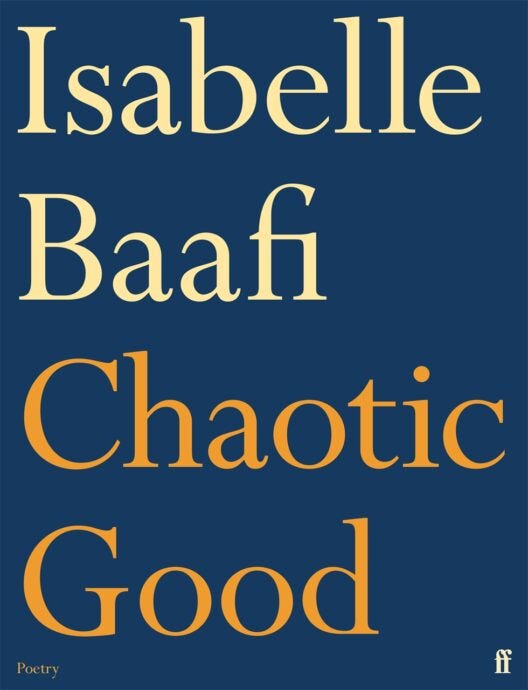
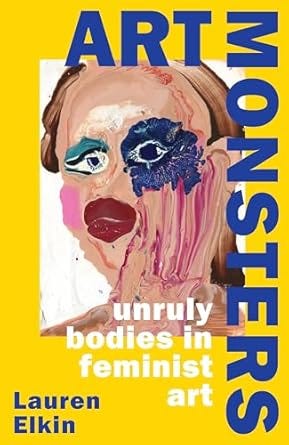
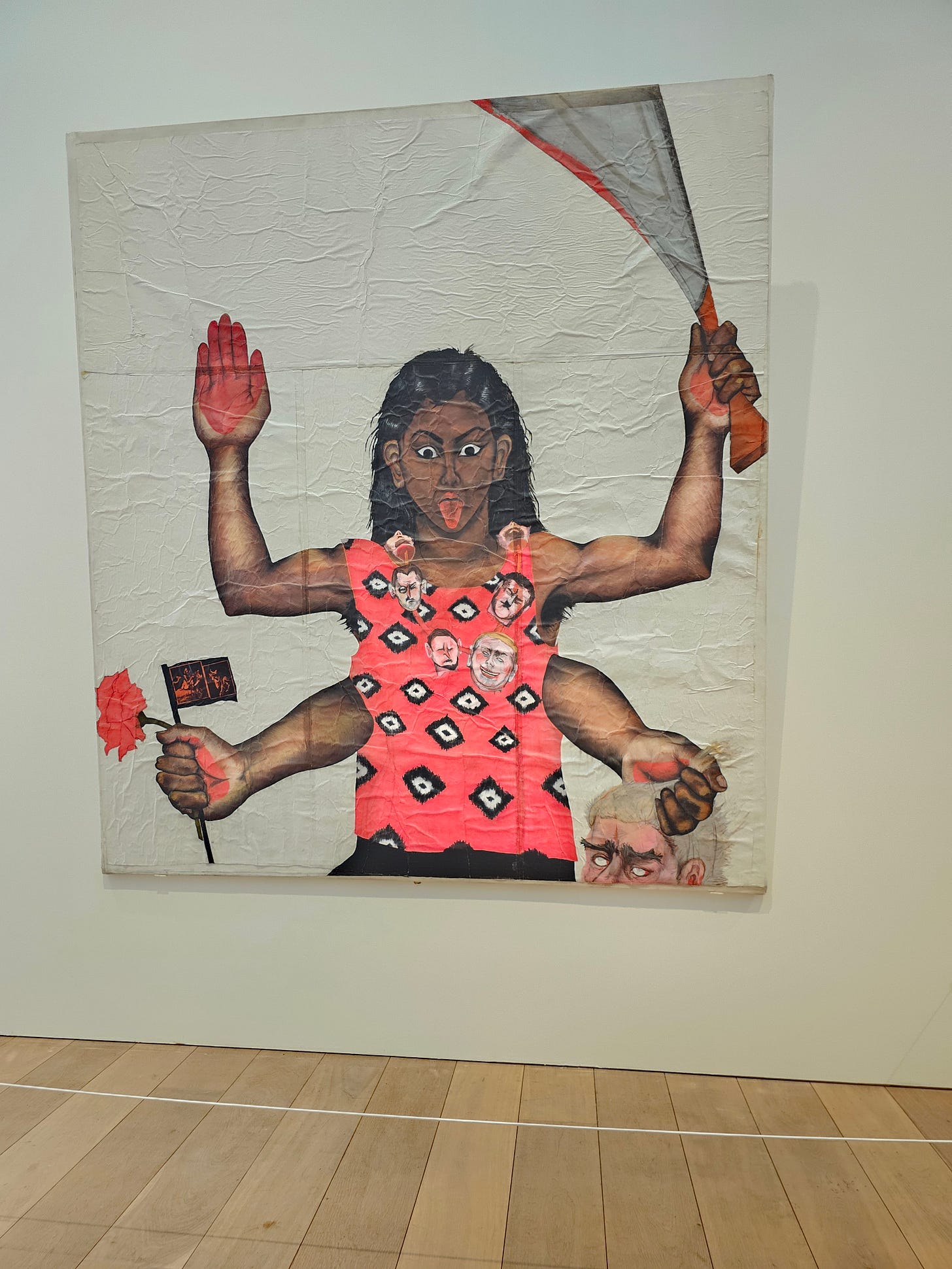
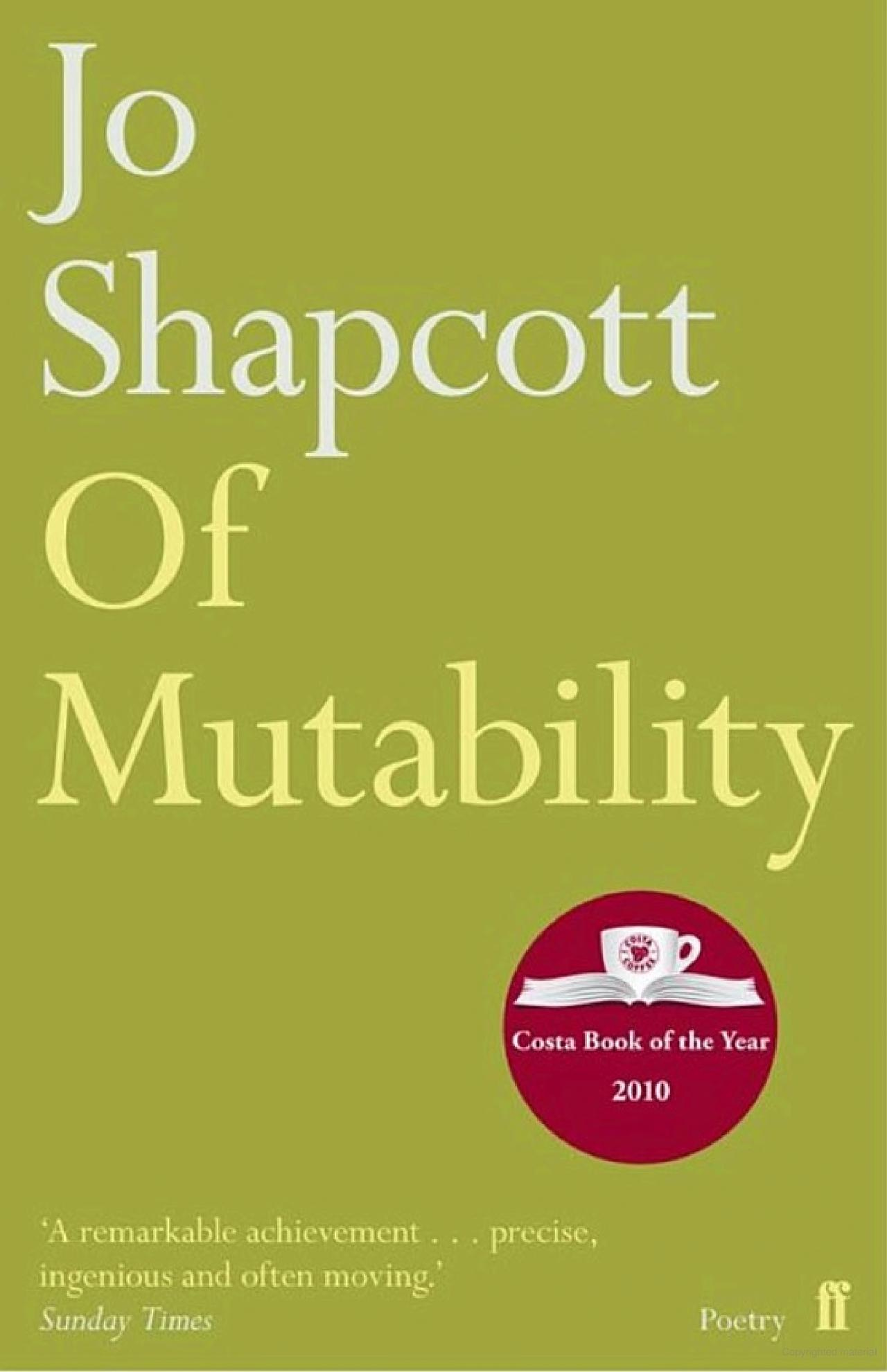
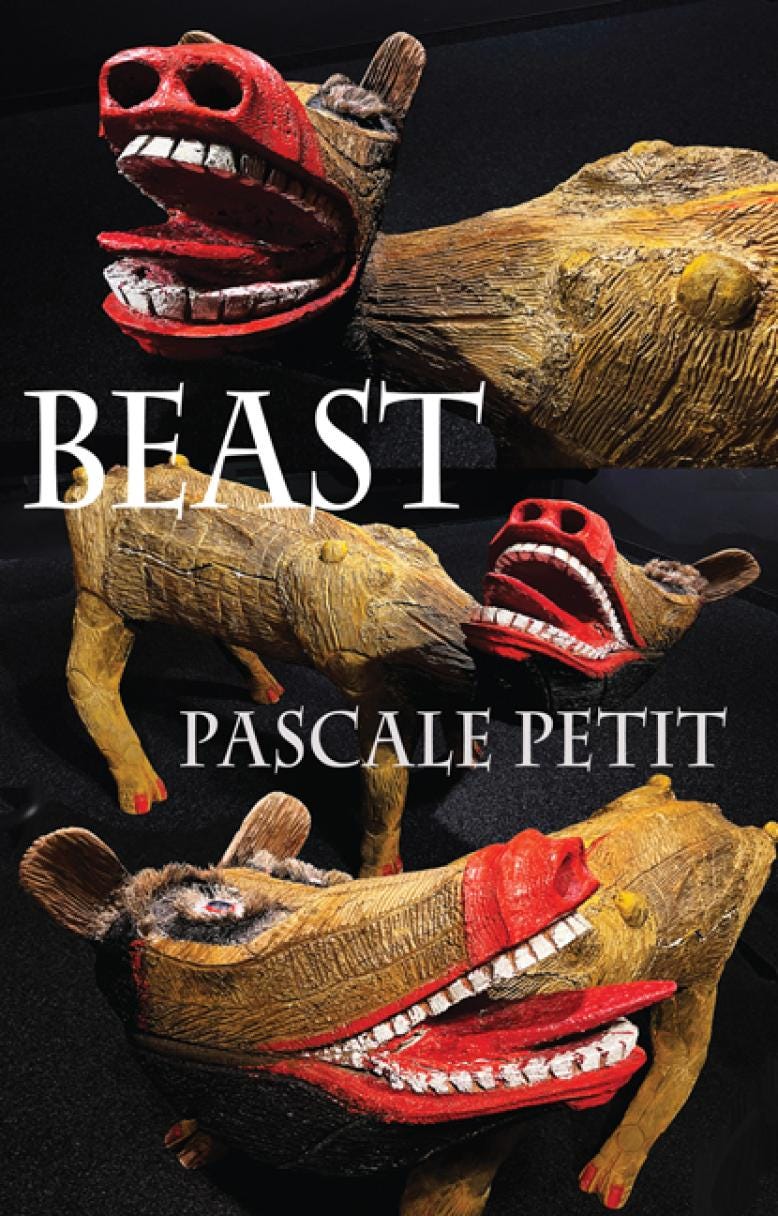
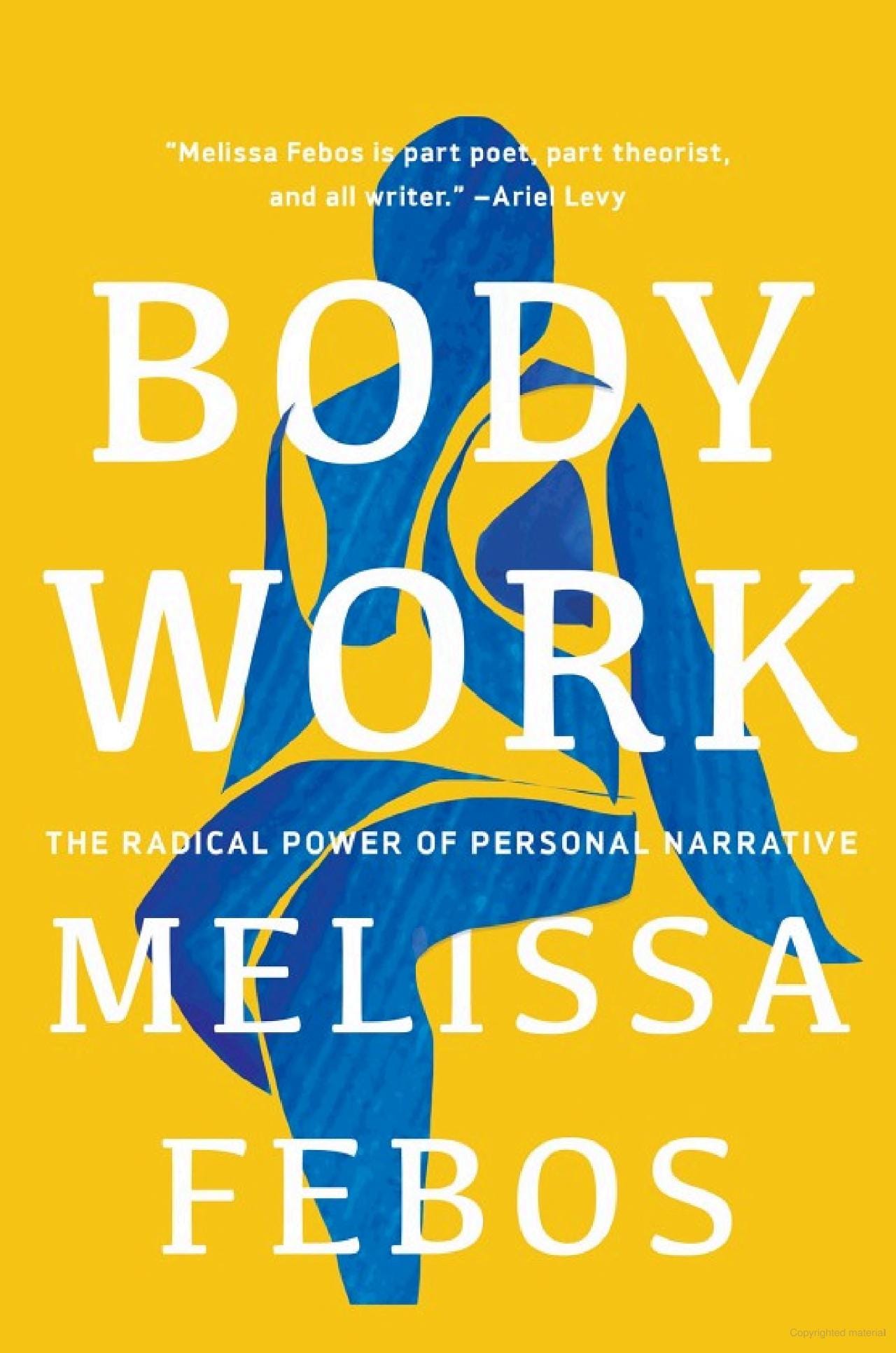
Thank you, I love a book recommendations, am going to seek these out! I just got back from the Women In Revolt exhibition, I did a tour with one of the curators who explained the background to that stunning Sutapa Biswas piece. I was both inspired and depressed by the exhibition given the state of society right now. Still a LONG way to go.
Hi Kim and thanks so much for these book recommendations - I am always on t he look out for new reading to add to the pile! I too am a lover of Petit's work so will definitely get that - but thanks too for the introduction to Melissa Feebos - I have ordered her books and look forward. I have just read a book by Paul Farley - When It Rained for A Million Years. I don't read enough books written by men so was interested to read this one - it had its moments I would say!!!!!